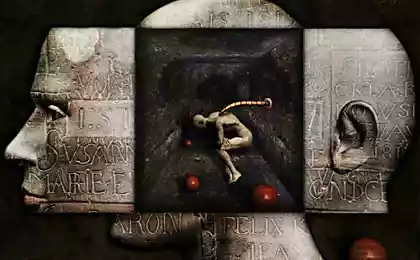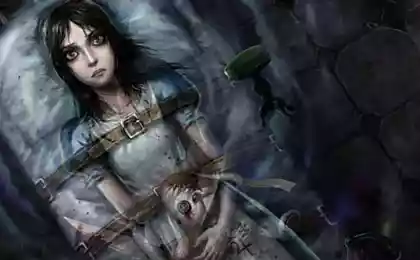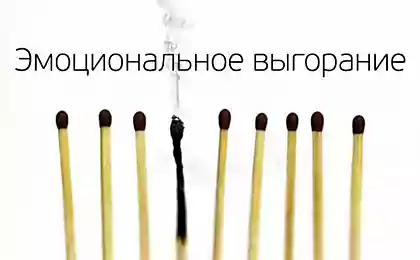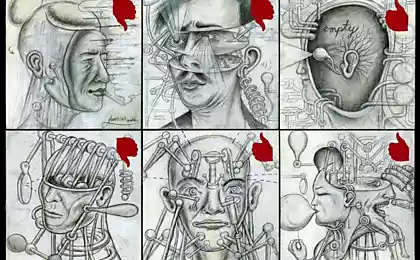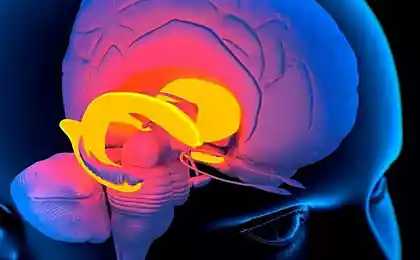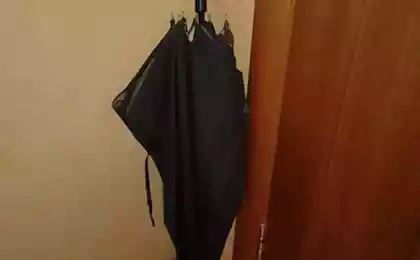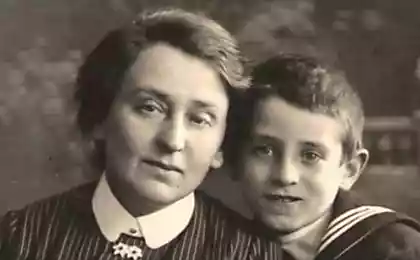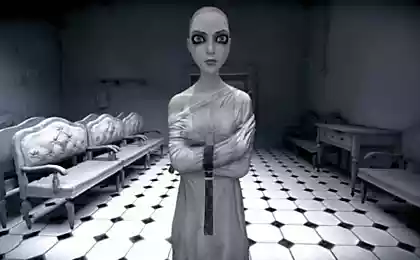183
Psychologists have named three alarming signs by which you can determine the secret Plyushkin, I think I need to talk to my mother-in-law.
If you know Gogol’s novel “Dead Souls”, then you can easily guess what it is. Plushkin syndrome. In other words, it is also called the syndrome of pathological accumulation. This thing is difficult and sometimes even dangerous for a person.
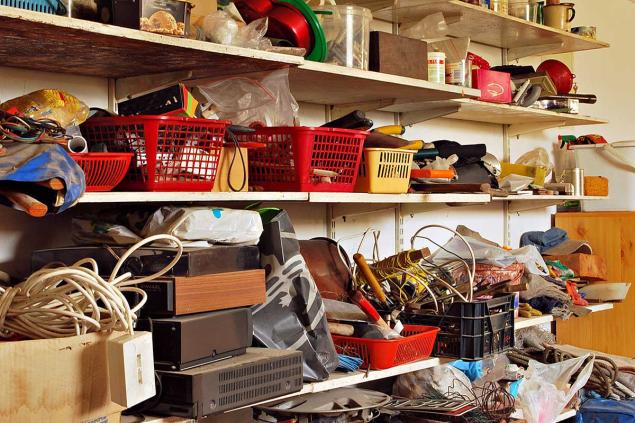
Why should you be wary of excessive love for hoarding and how to determine whether a person has the same syndrome? We answer these questions later in the article.
Plyushkin syndrome is a serious problem that cannot be ignored in any case. If there are people among your elderly relatives whose behavior you notice very strange things, you should analyze what exactly they are doing wrong.
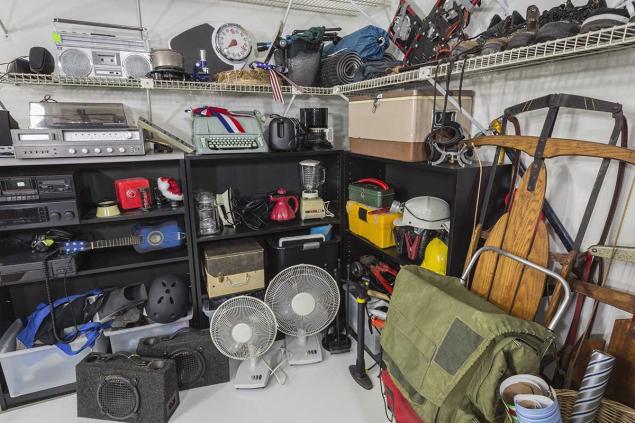
The fact is that pathological accumulation is attributed to psychological problems. And if you don't start to understand this, the consequences can be dire. How to understand that a person suffers from Plyushkin syndrome? There are clear signs pointing to this. This was told by a British expert on the problems of hoarding, Dr. Sharon Morein.
Signs of pathological accumulation
How not to become a Plushkin is an interesting fact. People who spend a long time collecting things are less susceptible to Plyushkin syndrome. Experts explain this by the fact that they are able to systematize everything that surrounds them. Therefore, they are not interested in thoughtless accumulation.

According to statistics, those who survived the Second World War suffer most from pathological accumulation. It is simple: they are afraid to lose what they have, as it was once. Because they accumulate things, make food stocks and so on.
When a child appears in the house, the number of things increases exponentially. To avoid drowning in tons of children’s toys and clothes, it’s important that everything has its place. Every week you need to clean and review what you don’t need anymore.

Interestingly, Dr. Sharon Moraine doesn't recognize the cleaning method from Marie Kondo. She believes that getting rid of unnecessary junk at once is very difficult. Especially if you have an emotional attachment to your favorite junk. Throwing things away should be gradual. Step by step you can reach the desired result.
If you see that one of your relatives has Plyushkin syndrome, you need to talk to this person. Perhaps he needs the psychological help of a specialist who will help to deal with the problem once and for all.
Tell me, do you know pathological accumulation syndrome?

Why should you be wary of excessive love for hoarding and how to determine whether a person has the same syndrome? We answer these questions later in the article.
Plyushkin syndrome is a serious problem that cannot be ignored in any case. If there are people among your elderly relatives whose behavior you notice very strange things, you should analyze what exactly they are doing wrong.

The fact is that pathological accumulation is attributed to psychological problems. And if you don't start to understand this, the consequences can be dire. How to understand that a person suffers from Plyushkin syndrome? There are clear signs pointing to this. This was told by a British expert on the problems of hoarding, Dr. Sharon Morein.
Signs of pathological accumulation
- The first alarm bell is a person’s desire for excessive accumulation of things. For example, he may mindlessly buy all sorts of trinkets on the Internet. No one will ever use them. However, the acquisition process itself brings incredible pleasure. Then all this good is just lying in the apartment, cluttering it.
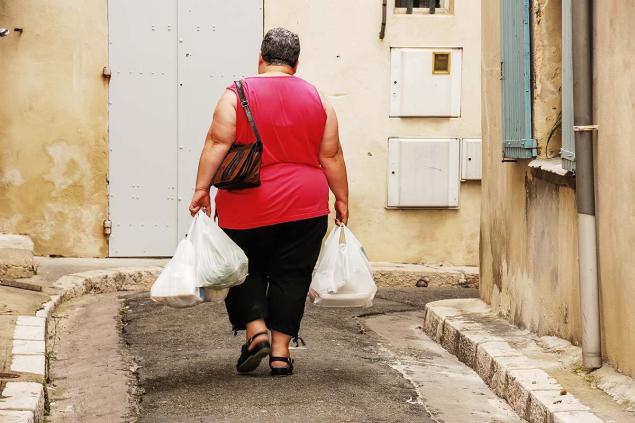
For example, an older woman spends all her money on food. She is afraid that the store will run out of food, so she buys it, making huge supplies. The kitchen is literally every room in the house. - You can collect things by accepting them as a gift from other people. On the Internet there are sites that present a large amount of useless junk. If one of your relatives mindlessly stores it, pay attention to it.
- The accumulation has an emotional aspect. For example, your parents find it very difficult to part with things because they associate them with something special. As a result, it turns out that the apartment is littered with old garments, dishes with chips and so on.
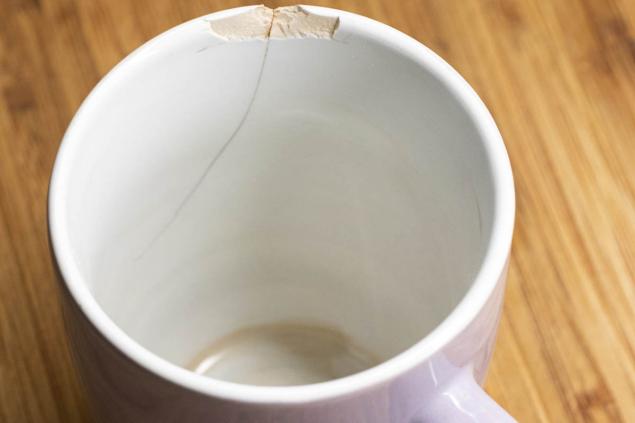
- Plyushkin syndrome is visible when you notice a constant mess in the apartment. However, this is not surprising, because in the paradigm of human life values there is no desire to bring purity around yourself. Moreover, the dirtier around, the more often even better. And if one of the relatives cleans the house, it will cause a wave of indignation.
How not to become a Plushkin is an interesting fact. People who spend a long time collecting things are less susceptible to Plyushkin syndrome. Experts explain this by the fact that they are able to systematize everything that surrounds them. Therefore, they are not interested in thoughtless accumulation.

According to statistics, those who survived the Second World War suffer most from pathological accumulation. It is simple: they are afraid to lose what they have, as it was once. Because they accumulate things, make food stocks and so on.
When a child appears in the house, the number of things increases exponentially. To avoid drowning in tons of children’s toys and clothes, it’s important that everything has its place. Every week you need to clean and review what you don’t need anymore.

Interestingly, Dr. Sharon Moraine doesn't recognize the cleaning method from Marie Kondo. She believes that getting rid of unnecessary junk at once is very difficult. Especially if you have an emotional attachment to your favorite junk. Throwing things away should be gradual. Step by step you can reach the desired result.
If you see that one of your relatives has Plyushkin syndrome, you need to talk to this person. Perhaps he needs the psychological help of a specialist who will help to deal with the problem once and for all.
Tell me, do you know pathological accumulation syndrome?
Soviet schoolchildren of the 50s coped with this problem in a couple of minutes, check how long it will take you
Living with my daughter-in-law was unbearable, so I decided to take a couple of days off with my daughter, but she wasn’t happy about it.










